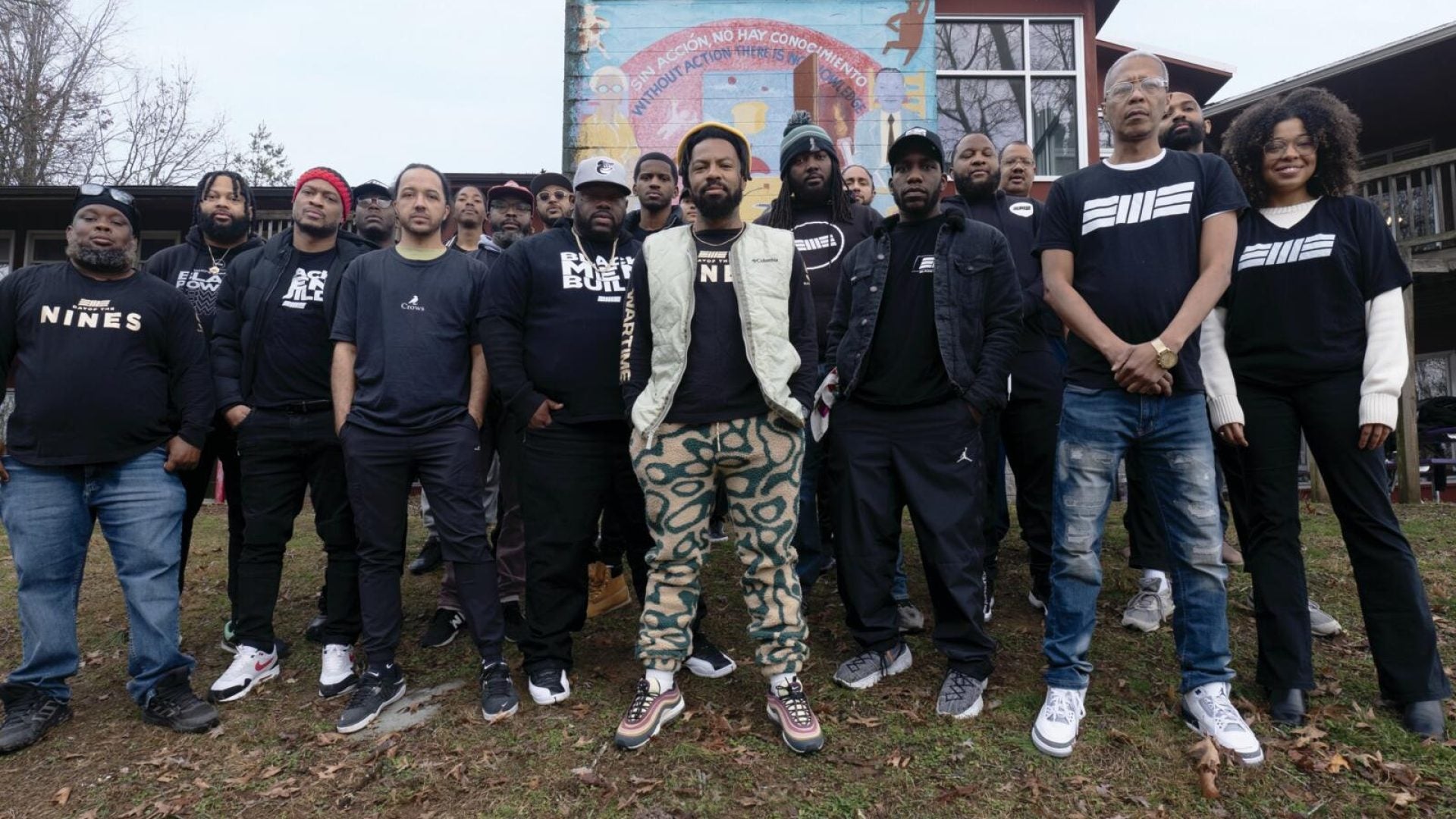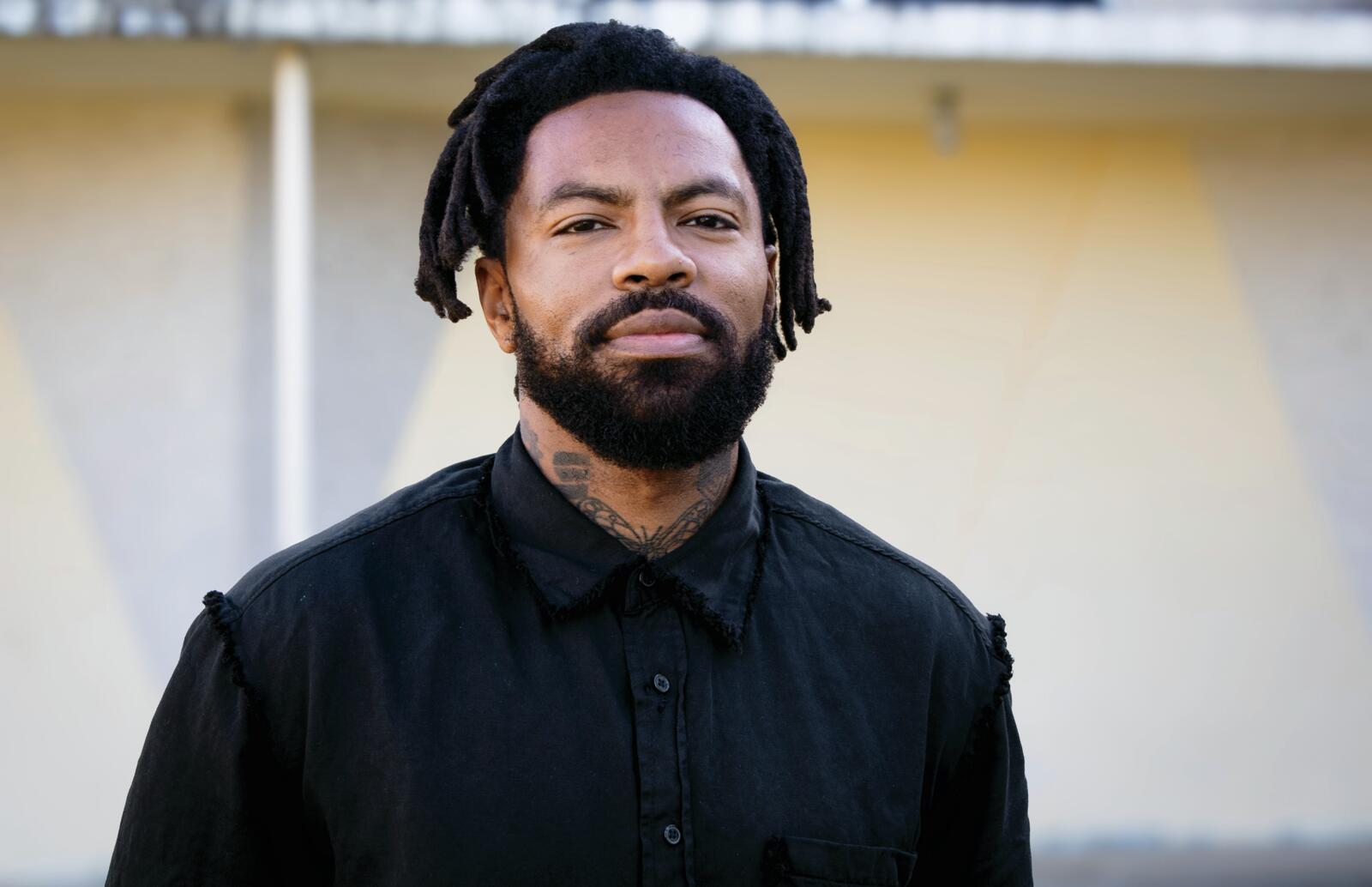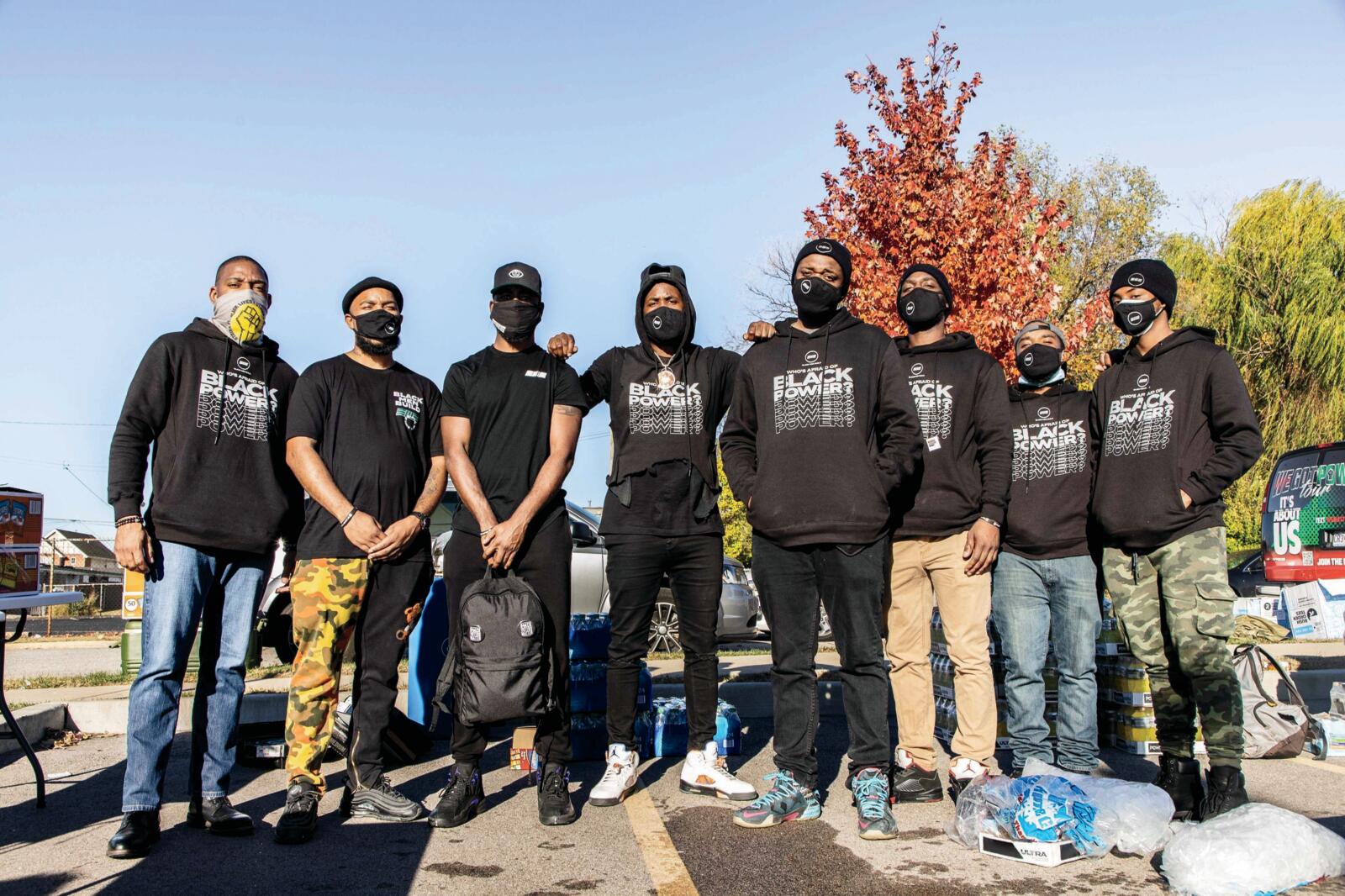
With Black Men Build, I want you to be able to live a full life and be a part of something that is powerful,” says Phillip Agnew. “I do what I do with Black Men Build because I was raised to understand manhood, and I want that for future generations.”

Before starting the organization, the Chicago native and member of Alpha Phi Alpha Fraternity, Inc. attended Florida A&M University (FAMU), where he excelled academically and cofounded the Student Coalition for Justice. He did his civic duty as an art activist and got involved in grassroots advocacy. Now Agnew wants Miami-based Black Men Build, established in 2020, to become a serious national force in the fight against institutionalized subjugation. It is a lot to carry.
“I think what gives me a modicum of sanity is the belief that I’m doing something,” he says. “We are building an organization that will have the power, relationships and influence to build a new reality for other people, build those places of empowerment for other people, and train them to fight and make those places the norm and not the exception.”
When asked if participants at the organization’s meetings lament the narrative that Black men must overcome trauma, Agnew makes a concession. “I feel that way,” he states. “I wish that I could wake up and be an artist or a gardener, or travel and move about the world and not have to be concerned with inequality or poverty. Where I didn’t have these concerns, or have this sadness, melancholy or anxiety. It’s an additional stress that creates all types of physical, mental and emotional manifestations. My answer, though, is to organize ourselves to be able to fight back against the people who are doing this. We should organize ourselves into a community that can relieve some of that stress.”

No stranger to community organizing, Agnew cofounded Dream Defenders after the tragic death of 17-year-old Trayvon Martin, who was killed in 2012 in Sanford, Florida. “I don’t know what I would do without the movement,” Agnew says. “It is a place and a space that has completely transformed me, in my conception of who I could be in the world. I got involved in college, way back in 2003 or 2004. It’s been one of the only things that felt purposeful—so powerful that I felt that I was a part of something larger than myself.”
Agnew never loses sight of the goal: working successfully with Black men to improve neighborhoods. There are nine hubs, or chapters, across the country—from Miami and Atlanta to New York City and Los Angeles. “I don’t see our work as only for men,” he says. “We have women members and leaders and staffers. I see our work as work for Black people, for oppressed people, for poor people. We are all part of the ecosystem.”
Black Men Build is undoubtedly a political organization. “Our goal is to give Black men and their families all the tools that they need to be a powerful political force in their communities, in their homes, in the city, in the country,” Agnew says.
What inspires him? He ponders for a moment. “It’s a combination of things,” he says. “My parents always taught us to speak up. I’m the oldest of four boys, and my father was and is a very, very intelligent man. He always was really clear in teaching us about the way the world is, and about the haves and the have-nots in Chicago. I was a child learning about Black Panther Party leader Fred Hampton and the politics of the City of Chicago, particularly where we grew up. You witness the unfairness, the life we lived in West Englewood.”
Agnew’s upbringing helped lay the foundation on which he wants Black men to continue to build—and also, simply, to be. “I think the goal of every human being is to be able to be understood, to connect with people, to actually be able to surrender and let their shoulders down, and just to be at peace and contentment,” he explains. “It’s our goal, through our work over the next few years, to be able to create the conditions for more Black men to do that and be that, with whomever they love. With their mothers, with their sisters, with the women in their lives and with other brothers.” For Agnew, it is this vision of community that drives him most of all.
Photo Credits: James Howard, Nia Haskins Rease, and James Howard




